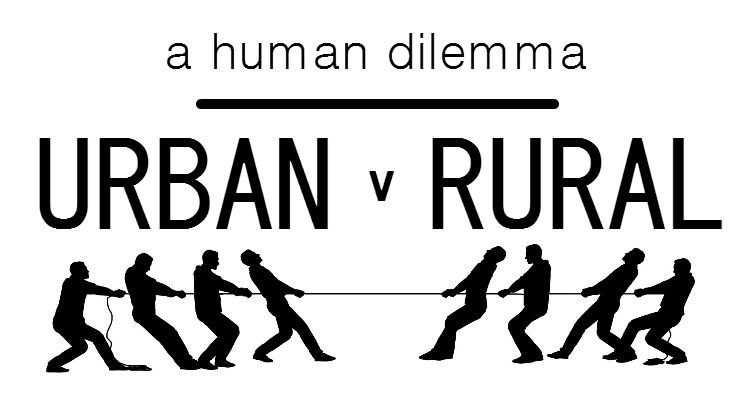 Researchers Jacob R. Brown and Ryan D. Enos at the Harvard University Institute for Quantitative Social Science just published a very interesting new paper in the journal of Nature Human Behaviour. Take a look at their research’s abstract:
Researchers Jacob R. Brown and Ryan D. Enos at the Harvard University Institute for Quantitative Social Science just published a very interesting new paper in the journal of Nature Human Behaviour. Take a look at their research’s abstract:
Segregation across social groups is an enduring feature of nearly all human societies and is associated with numerous social maladies. In many countries, reports of growing geographic political polarization raise concerns about the stability of democratic governance. Here, using advances in spatial data computation, we measure individual partisan segregation by calculating the local residential segregation of every registered voter in the United States, creating a spatially weighted measure for more than 180 million individuals.
With these data, we present evidence of extensive partisan segregation in the country. A large proportion of voters live with virtually no exposure to voters from the other party in their residential environment. Such high levels of partisan isolation can be found across a range of places and densities and are distinct from racial and ethnic segregation. Moreover, Democrats and Republicans living in the same city, or even the same neighbourhood, are segregated by party.
Take a closer look at their work here. Also, see related Democracy Chronicles articles like those on the Voter Access, Voter Turnout, or even seen our section on American Democracy.
Leave a Reply